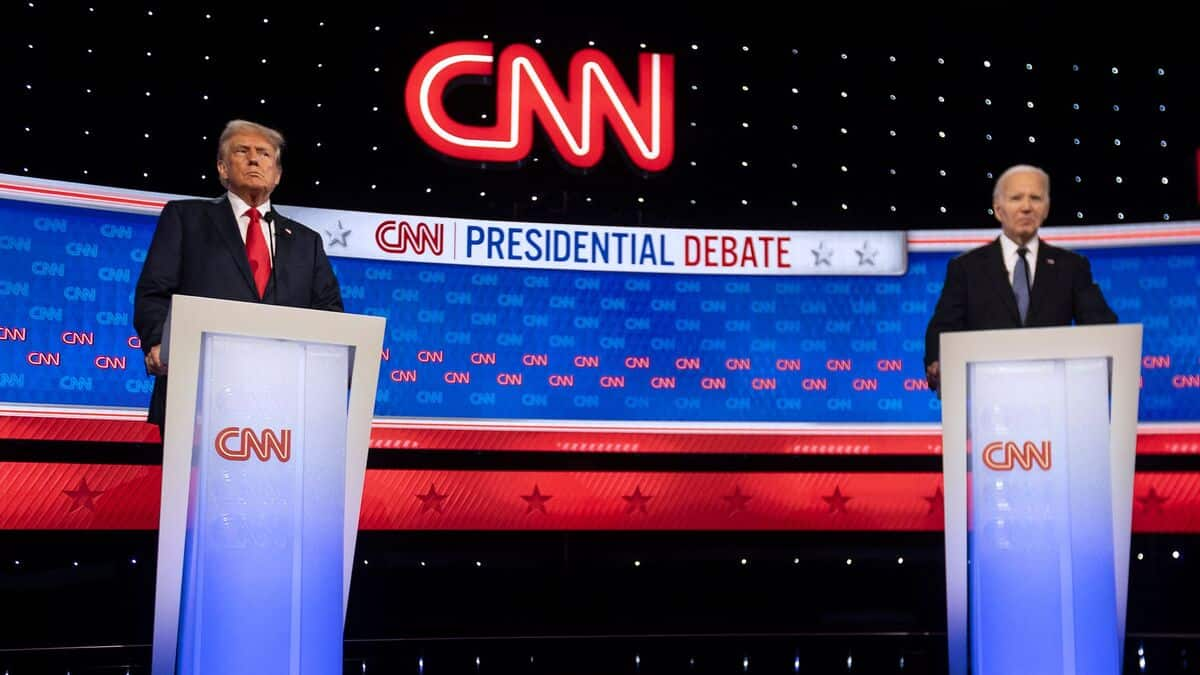Exceptional Fiscal Transfer of €645 for 9 Million French People in January 2025
Context and Objectives
The government of France recently announced a one-time exceptional fiscal transfer of €645 to be disbursed in January 2025 to approximately 9 million low-income households and individuals. This measure aims to alleviate the financial burden of inflation, particularly for vulnerable populations.
The transfer is part of a broader package of support measures introduced by the government to address the rising cost of living. It complements existing benefits such as the "chèque énergie" (energy voucher) and the "bouclier tarifaire" (tariff shield), which have helped to mitigate the impact of inflation on household budgets.
Eligibility and Payment Details
To be eligible for the exceptional fiscal transfer, individuals must meet specific income criteria. The transfer will be automatically paid into the bank accounts of eligible recipients, without the need for any application or additional administrative procedures.
The income threshold for eligibility is set at €2,000 per month for single individuals and €4,000 per month for couples. The transfer amount will be reduced gradually for incomes above these thresholds, up to a maximum income of €2,500 per month for single individuals and €5,000 per month for couples.
Impact and Perspectives
The exceptional fiscal transfer is expected to have a significant impact on the financial situation of low-income households in France. The €645 payment will provide much-needed relief to those struggling to make ends meet due to inflation.
However, some critics argue that the measure is not sufficiently targeted and that it will benefit households who are not in genuine financial need. They advocate for more selective measures that focus on the most vulnerable populations.
Others contend that the exceptional fiscal transfer is a temporary measure that does not address the underlying causes of poverty and inequality. They call for long-term structural reforms to improve the living conditions of low-income households.
Comparison with Other European Countries
France is not the only European country to introduce one-time financial aid measures to help households cope with inflation. Similar measures have been implemented in Germany, Italy, and Spain.
The table below provides a comparison of the exceptional fiscal transfer in France with similar measures in other European countries:
|Country|Amount|Eligibility|Disbursement Date|
|---|---|---|---|
|France|€645|Income below €2,000 per month (single)|January 2025|
|Germany|€300|Income below €2,000 per month (single)|December 2022|
|Italy|€350|Income below €20,000 per year (single)|March 2023|
|Spain|€200|Income below €10,000 per year (single)|February 2023|
Conclusion
The exceptional fiscal transfer of €645 is a significant measure that will provide financial relief to low-income households in France. However, it is important to critically analyze its impact and to consider the broader policy context in which it is implemented.
While the transfer is a welcome measure to help households cope with inflation, it does not address the underlying causes of poverty and inequality. It is essential to complement such temporary measures with long-term structural reforms that aim to improve the living conditions of low-income populations over the long term.

Post a Comment